TEHRAN(Bazaar) –Shireen Tahmaasb Hunter, a professor of political science at Georgetown University, tells the Bazaar News Agency “The Emir of Qatar is trying to show his country's usefulness as a partner for the US and Europe.”
She says: “However, Qatar's ability to be an effective mediator is very limited. Ultimately the revival of the JCPOA depends on Iran's and the US ability to achieve a compromise acceptable to both. Others can do little to help in this process.”
Following is the text of the interview:
Bazaar: After the European Union's coordinator for nuclear talks with Iran, Enrique Mora’s visit to Iran, European foreign policy chief Josep Borrell told reporters shortly before entering the G7 summit that Enrique Mora's visit to Tehran was “very positive” and that talks with Iran will be resumed soon. What is your assessment of these words?
Hunter: It is hard to say whether Joseph Borell's statement indicates the resolution of outstanding issues between Iran and the US regarding the revival of the JCPOA. The fact is that, recently, there have been some contradictory statements by both Iranian and Western officials and commentators. For example, the advisor to the Iranian negotiating team, Mr. Marandi, was reported to having said that the issue of the IRGS' delisting is not the only unresolved issue between Iran and the West. So far, there has been no clear evidence that the US and Iran have altered their positions on the outstanding issues of disagreement, such as delisting of the IRGC from the terror list. The first indication of whether the chances of the JCPOA's revival have improved would come if and when the Vienna talks are resumed.
Bazzar: Doesn't the start of negotiations means that some issues have been agreed upon, albeit in a minimal way, and that it is a kind of opening in the deadlock of negotiations?
Hunter: I have not seen any clear statement by Mora that his meetings have resolved the remaining problems on the way of restoring the JCPOA. We have to wait and see when and if the Vienna talks are resumed. Also, the last word on these issues must come from Washington and not Brussels.
Bazaar: Simultaneously with Mora's trip to Iran, the Emir of Qatar also traveled to Iran. What did the coincidence of these two trips mean?
Hunter: The Emir of Qatar is trying to show his country's usefulness as a partner for the US and Europe. However, Qatar's ability to be an effective mediator is very limited. Ultimately the revival of the JCPOA depends on Iran's and the US ability to achieve a compromise acceptable to both. Others can do little to help in this process.
As to the supply of energy by Iran to Europe, I doubt that this would be possible before some major changes in Iran's international and regional policies. If Iran were willing to reconsider some aspects of its foreign policy, then opportunities for expanded economic and other relations with Europe would increase.
It also seems that some people in Iran are trying to sabotage any improvement in Iran-West relations. The arrest of two French citizens at this point in time is unlikely to help to either help the revival of the JCPOA or improve Iran-Europe relations.
Bazaar: Given Mora's visit to Iran and the fact that Borrell stated that there is a prospect of reaching a final agreement, how much does it add to the optimism about the final agreement?
Hunter: Until we hear reactions from Washington, it would be hard to be optimistic about the chances of the JCPOA's revival. As I have said before, the revival of the JCPOA would depend on how much Iran needs the economic relief that might come from the easing of some sanctions and how far it is willing to compromise on some of its positions.







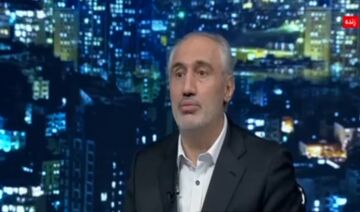


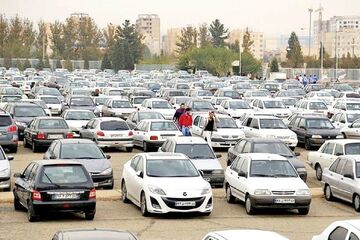
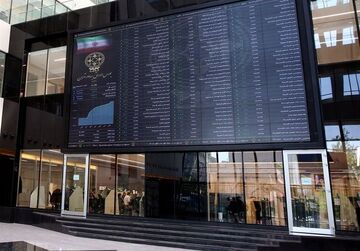
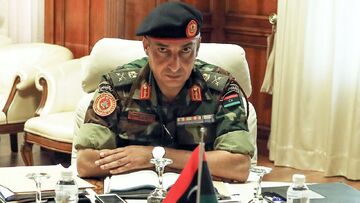
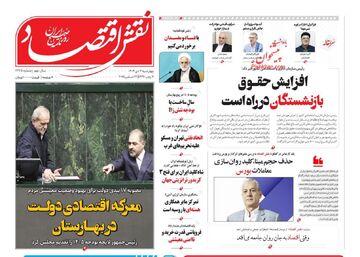
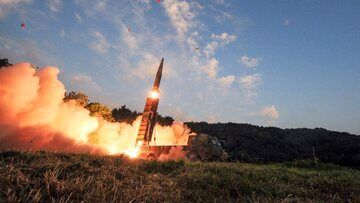

نظر شما